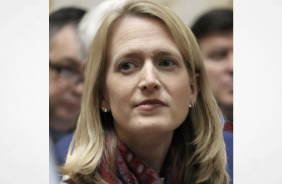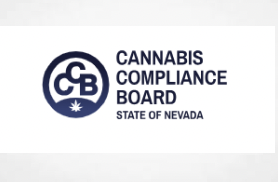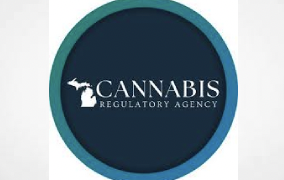Health Minister Horowitz has signed off on removing compound from Israel’s Dangerous Drugs Ordinance and paves the way for CBD-based medical products to enter the Israeli market
CBD (cannabidiol) and THC are two compounds, or cannabinoids, found in the cannabis plant. As opposed to THC, CBD doesn’t possess psychoactive qualities, does not give a high feeling and is not addictive.
Although it has been attempted several times, the ruling to exclude CBD from the list of dangerous drugs was never approved.
Horowitz and Health Ministry Director-General Prof. Nachman Ash announced their intention to remove the compound from the Dangerous Drugs Ordinance and assembled an expert panel to study the possible consequences of changing its classification.
Horowitz signed off on most of the panel’s recommendations. However, he raised the amount of THC legally allowed in CBD-based products from 0.2% to 0.3%.
Horowitz further said that his ministry will work to expand research into the compound and establish a regulatory framework so that the Israeli market can enjoy products of the sort.
He called on Prof. Ash to assemble a task force that will monitor regulatory changes on the topic worldwide, and align Israel’s policy accordingly.
The panel recommended against adding CBD-based ingredients in foodstuffs, supplements, and cosmetics over the next two years, after which the issue will be reconsidered.
It also proposed the Health Ministry and healthcare providers launch a public service campaign to teach about the possible side effects of products containing CBD and the potential dangers in independently purchasing such products online.
“There’s much prejudice regarding everything related to cannabis. Today, we’re starting to take steps and release the compound that is widely agreed should not be classified as a dangerous drug,” Horowitz said.
“Israel has been lagging behind other countries for several years on this issue and continues to criminalize and prevent the usage of compounds that aren’t dangerous to the public health. We are now closing this gap.”
Prof. Ash also welcomed the move, which he said was long overdue, and called to further study the compound before adding it to food and cosmetics.


















